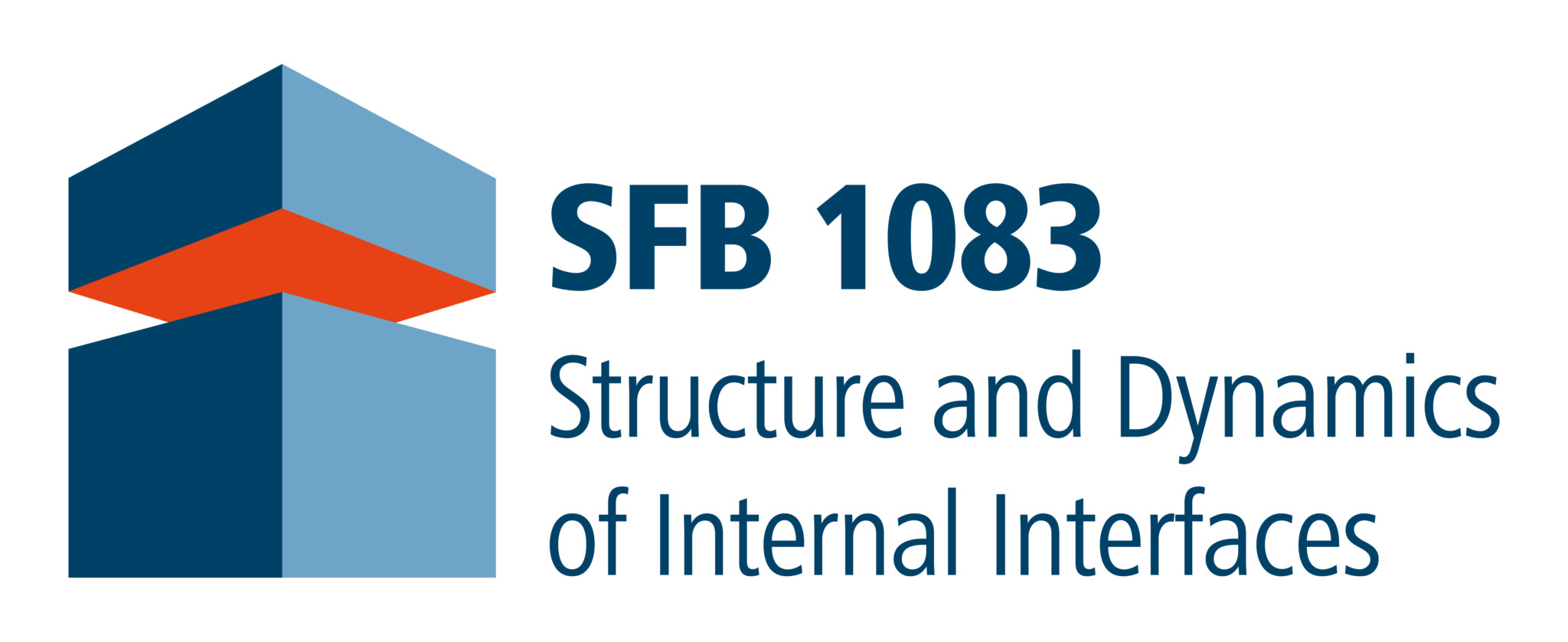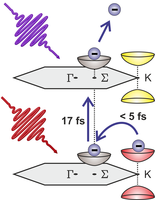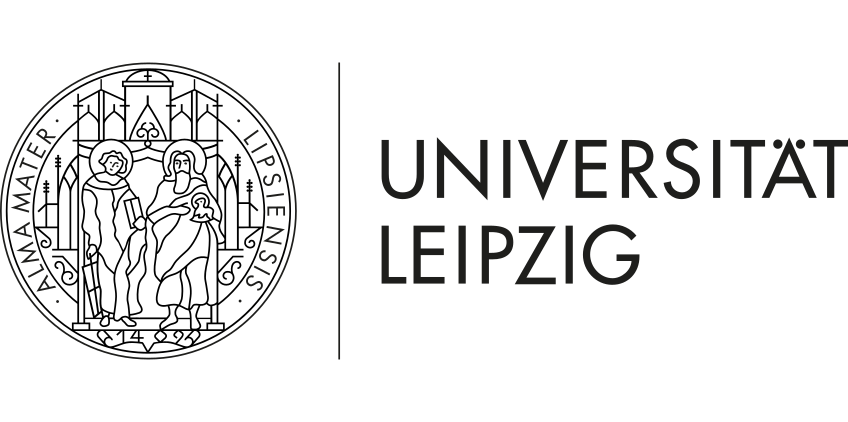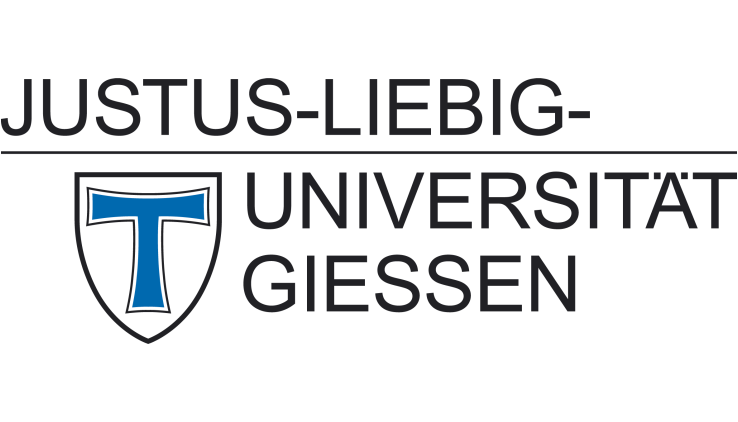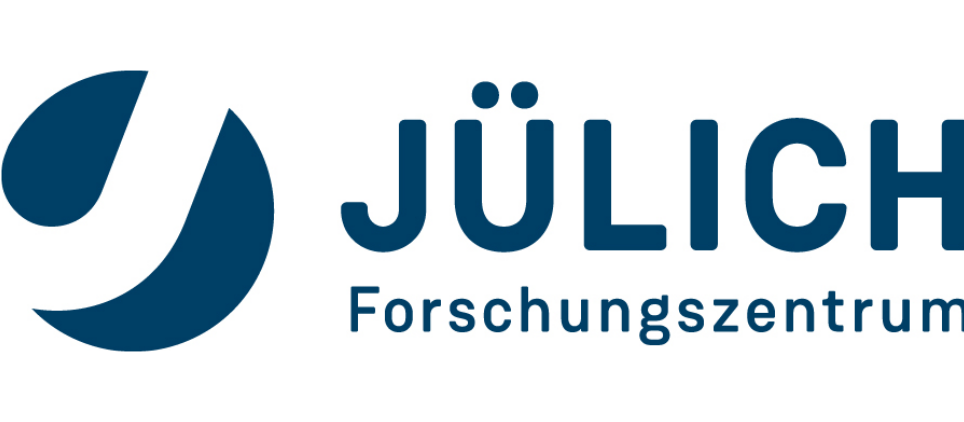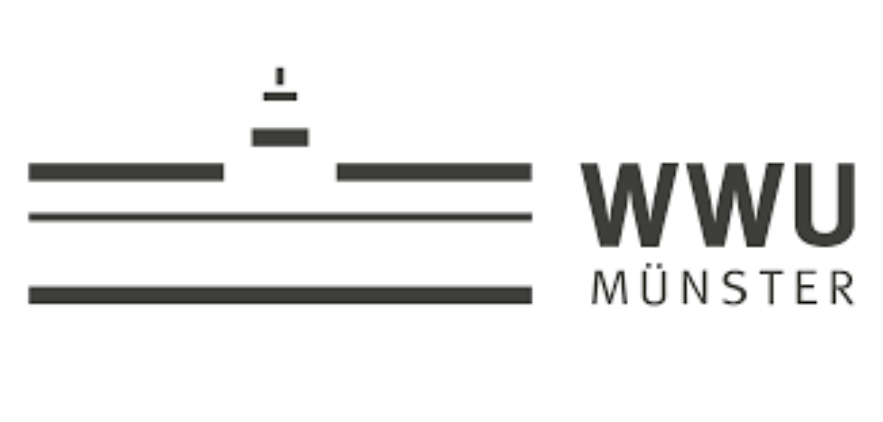David Peter Krug (Project A5) receives poster award at M&M 2020
David Peter Krug, PhD-student in SFB-project A5 of Prof. Dr. Kerstin Volz, was awarded with the poster prize at the virtual Microscopy & Microanalysis Meeting 2020.
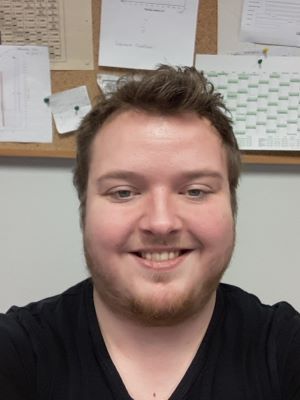 In his online presentation, David Peter Krug gave new insights into the growth of GaP nanowires and the mechanism of the kink formation showing different predominant angles. These kinks point towards the existence of twinned interfaces in the nanowires. He studied the growth process of the nanowires by in-situ (scanning) transmission electron microscopy ((S)TEM) in gas environmental cells, in which the reaction conditions are comparable to the widely used metal organic vapor phase epitaxy (MOVPE). He brilliantly made use of the opportunities of an online presentation and implemented a live study at the (S)TEM.
In his online presentation, David Peter Krug gave new insights into the growth of GaP nanowires and the mechanism of the kink formation showing different predominant angles. These kinks point towards the existence of twinned interfaces in the nanowires. He studied the growth process of the nanowires by in-situ (scanning) transmission electron microscopy ((S)TEM) in gas environmental cells, in which the reaction conditions are comparable to the widely used metal organic vapor phase epitaxy (MOVPE). He brilliantly made use of the opportunities of an online presentation and implemented a live study at the (S)TEM.The Microscopy & Microanalysis Meeting (M&M) is an annual meeting in the USA covering the research fields of microscopy, imaging, and compositional analysis. Due to the current Corona pandemic, the meeting was held online.
Poster “Formation mechanisms for the dominant kinks in GaP nanowires in an in-situ (S)TEM gas cell holder” by D. Krug, M. Widemann, F. Gruber, A. Beyer, and K. Volz (Materials Sciences Center and Faculty of Physics, Philipps-Universität Marburg) – Microscopy & Microanalysis Meeting 2020, August 04 – 07, 2020, virtual meeting.
